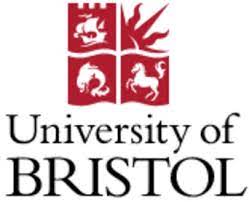
BA in Anthropology
University of Bristol, Bristol


University of Bristol, Bristol

BA in Anthropology
University of Bristol, Bristol
University of Bristol offers placement support
It is a top-ranked institution verified by QS
Degree
Undergraduate
Duration
36
Course Type
With Co-op
Co-op education gives you real-world experience in a job related to your studies.
INR
25.23L
USD 29682
1st Year Tuition Fees
Opening Soon
Opening Soon
GBP 27.5